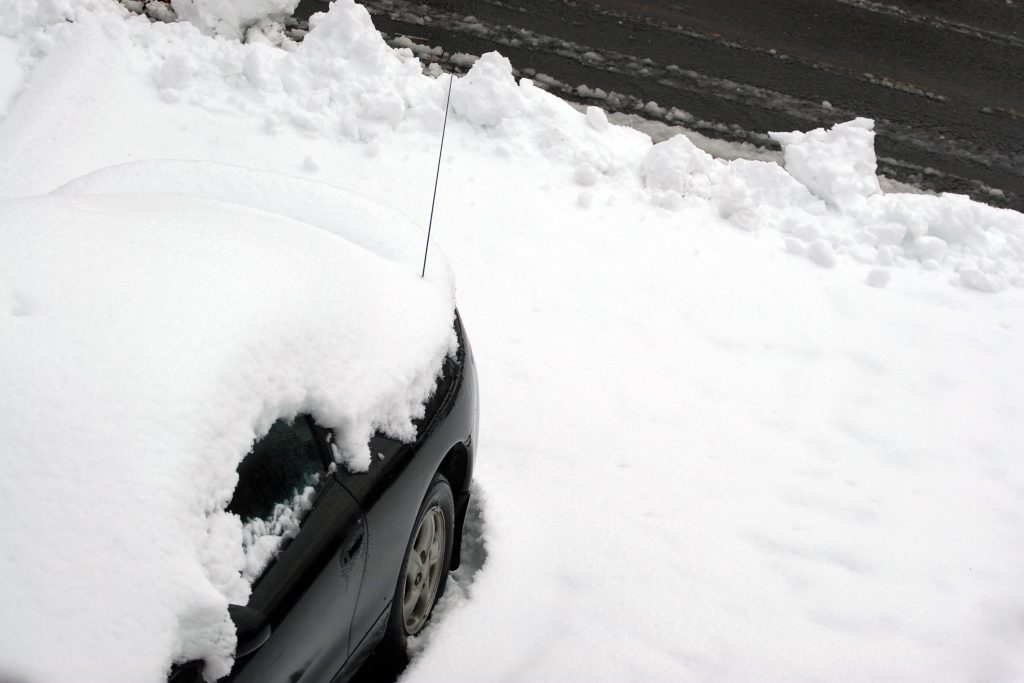How Cold Weather Can Negatively Affect Your Tires
Posted November 20, 2024

As the temperature drops, it’s essential to understand how cold weather can impact your vehicle’s tires. Many drivers may not realize that cold weather brings unique tire maintenance considerations. In this post, we will explore a few of the ways cold weather adversely affects your tires and why regular monitoring and maintenance are crucial during this time of year.
Pressure Fluctuations
One of the immediate impacts of cold weather is the fluctuation in tire pressure. As temperatures decrease, air contracts, leading to reduced tire pressure. You might notice that you need to fill your tires with air more often during the winter months for this very reason. Low tire pressure not only affects fuel efficiency but also undermines handling and braking performance. To prevent driving on underinflated tires, which can become a safety hazard, it’s crucial to make sure you’re checking your tire pressure and topping up on a regular basis.
Reduced Traction
Another critical concern during cold weather is reduced traction. The rubber in tires can harden in low temperatures, causing a decrease in their ability to grip the road effectively. This reduction in traction becomes particularly dangerous when navigating icy or snowy roads, which are already dangerously slippery. According to the National Highway Traffic Safety Administration, tire-related crashes tragically resulted in 664 deaths in 2020 alone. This statistic underscores the importance of maintaining optimal tire conditions to ensure safe travels during the winter months.
Accelerated Wear and Tear
Cold weather can also accelerate tire wear and tear. As mentioned previously, rubber can become more susceptible to wear as it hardens in cold temperatures. Brittle rubber can lead to cracks and easily worn-down tire treads, which can shorten the lifespan of your tires. Additionally, sudden temperature changes, such as driving from a heated garage into freezing conditions, can exacerbate this degradation process. Keeping up with maintenance like tire rotations and investing in snow tires may help mitigate some of these risks.
Winter conditions demand vigilant tire care and regular inspections. By understanding these risks and proactively maintaining your tires, you can ensure maximum safety and performance for your vehicle during the colder months. Taking these precautions not only protects you and your passengers but also contributes to safer roadways for everyone. If your tires are in need of some attention, don’t wait to book an appointment with Veenstra’s Garage today!
